Publications
Articles, publications, books, tools and multimedia features from the U.S. Institute of Peace provide the latest news, analysis, research findings, practitioner guides and reports, all related to the conflict zones and issues that are at the center of the Institute’s work to prevent and reduce violent conflict.
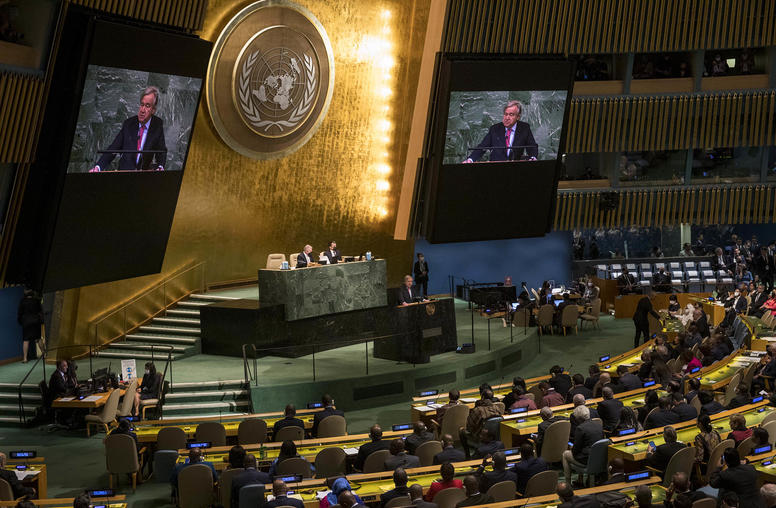
Positivism for Peace: Reforming the International System
Among many insightful and concerning points raised by the U.S. intelligence community’s 2023 threat assessment, it notes that "great powers, rising regional powers, as well as an evolving array of non-state actors, will vie for dominance in the global order … [and] compete to set the emerging conditions and the rules that will shape that order for decades to come.” China’s efforts to supplant U.S. dominance of global governance, along with divisions in the international community over the war in Ukraine have brought to the fore questions over the utility and viability of today’s international order.
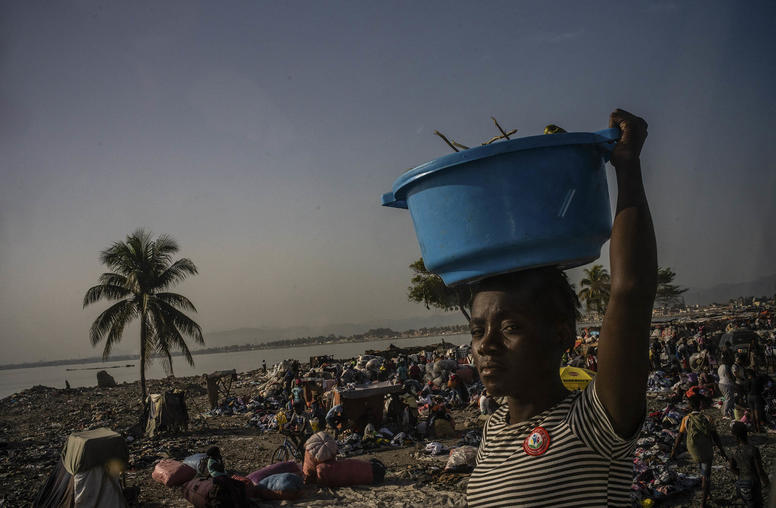
What’s the State of Play on the Global Fragility Act?
The White House’s recent release of 10-year stabilization and conflict prevention plans marks another milestone in U.S. efforts to implement the closely watched Global Fragility Act (GFA). The legislation received bipartisan support in the U.S. Congress before being signed into law by then President Donald Trump in 2019. It requires the U.S. government to develop a strategy for preventing the drivers of violent conflict and extremism, and to test a more coordinated, cost-effective and sustained U.S. approach in hot spots around the world.

Andrew Cheatham on the 2023 Summit for Democracy
As leaders gather for the Biden administration’s second democracy summit later this week, the president is working to “really push back on China’s offer” of narrow economic partnerships by “trying to make the case that you need the principles of democracy to have a good economy,” says USIP’s Andrew Cheatham.
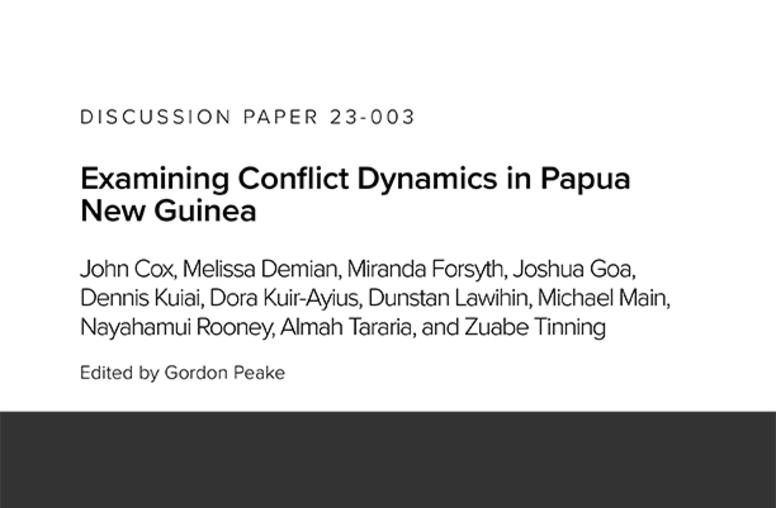
Examining Conflict Dynamics in Papua New Guinea
In 2022, Papua New Guinea was designated as one of five priority countries or regions under the U.S. Strategy to Prevent Conflict and Promote Stability. USIP assembled a study group of senior officials and scholars to provide input on the guiding principles for a strategy to support US efforts to increase stability in the country.
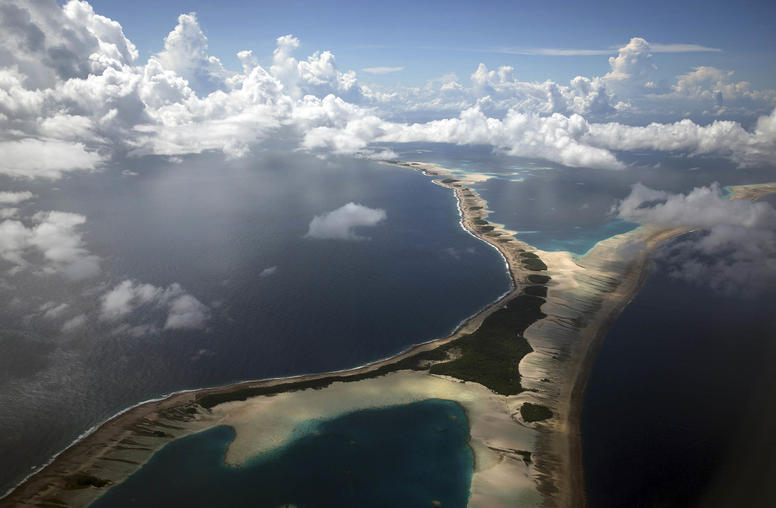
Taiwan and the United States Share Key Interests in the North Pacific
In September 2022, USIP published a report on “China’s Influence on the Freely Associated States of the Northern Pacific,” which consist of the Federated States of Micronesia, the Republic of the Marshall Islands and the Republic of Palau. “China’s engagement in these countries threatens [U.S.] interests both locally and in the broader Pacific region,” said the preface to the report, which makes the case that strengthening U.S. relations with the Freely Associated States (FAS) is essential to secure U.S. interests and prevent China from increasing its influence in the region. This Senior Study Group report largely focuses on the interests of the United States, China and the FAS, but also has significant implications for Taiwan.
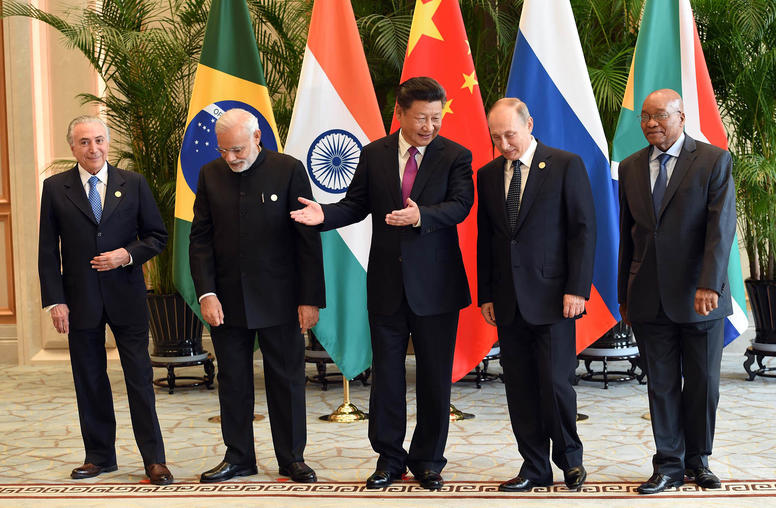
Xi and Putin Flaunt Deepening Ties, Flout the U.S.-led Order
Thirteen months after Russia’s illegal invasion of Ukraine, Moscow and Beijing are continuing to deepen their ties even as China has sought to portray itself as a neutral player in the war. This week’s summit between Chinese Communist Party leader Xi Jinping and Russian President Vladimir Putin comes on the heels of the International Criminal Court’s warrant for Putin for war crimes. For Putin, the summit demonstrated that despite Western sanction and opprobrium, Russia is not an isolated pariah state. Meanwhile, Xi used the summit to further the image he has tried to burnish of Beijing as a peacemaker and advance his vision of an alternative multilateral order, breaking away from the U.S.-led system.
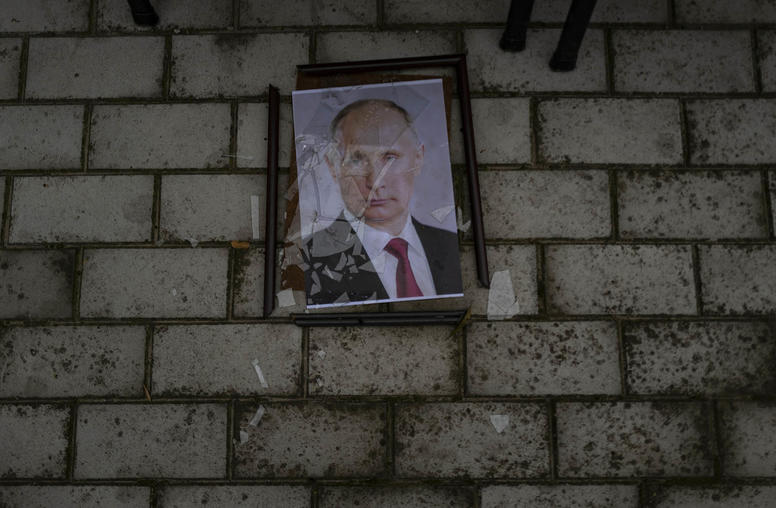
How the ICC’s Warrant for Putin Could Impact the Ukraine War
The International Criminal Court (ICC) announced last Friday that it had issued arrest warrants for Russian President Vladimir Putin and Presidential Commissioner for Children’s Rights Maria Lvova-Belova. According to a statement issued by the ICC, Putin and Lvova-Belova are alleged to have committed the war crimes of “unlawful deportation of population (children) and that of unlawful transfer of population (children) from occupied areas of Ukraine to the Russian Federation” beginning in at least February 24, 2022. USIP’s Lauren Baillie, Heather Ashby and Mary Glantz discuss the impacts of these warrants on Putin and on the war in Ukraine.
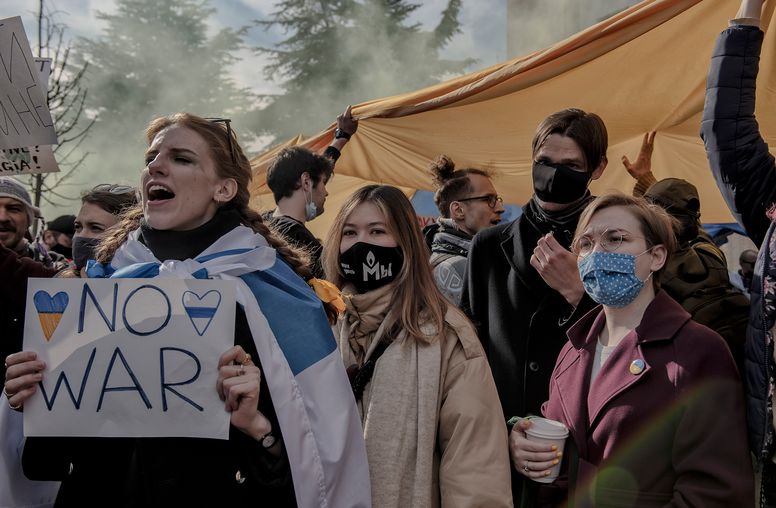
Why Georgians Are Protesting Against Russian Influence
Earlier this month, the ruling Georgian Dream party withdrew proposed “foreign agent” bills that have been a source of contestation in the country, particularly over the last year. A diverse coalition of Georgians hit the streets to protest these bills, which they said would be a blow to Georgia’s democracy and undercut its efforts to be a candidate for European Union membership. Just as Ukrainians are resisting Russia’s illegal invasion, these Georgian protesters fear growing Russian influence in their country, which is already partly occupied by Russia. The bills’ collapse in the Georgian parliament revealed the power of civil society resistance and the continued fight within the country for European integration and democracy.
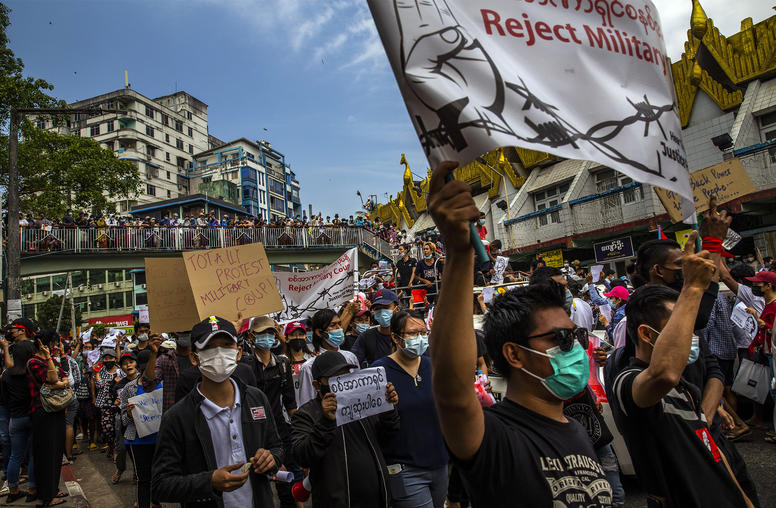
Support for Myanmar’s Junta Only Prolongs the Country’s Conflict
Myanmar’s coup regime, whose principal strategy for dealing with the country’s resistance movement is blunt, unrelenting brutality, benefits from three misconceptions prevalent in the international community: First, that consolidation of the military’s power is essentially inevitable; second, that absence of the generals’ regime would lead to a power vacuum and failed state; and third, that long-term military control is preferable to the status quo and would lead to stability.
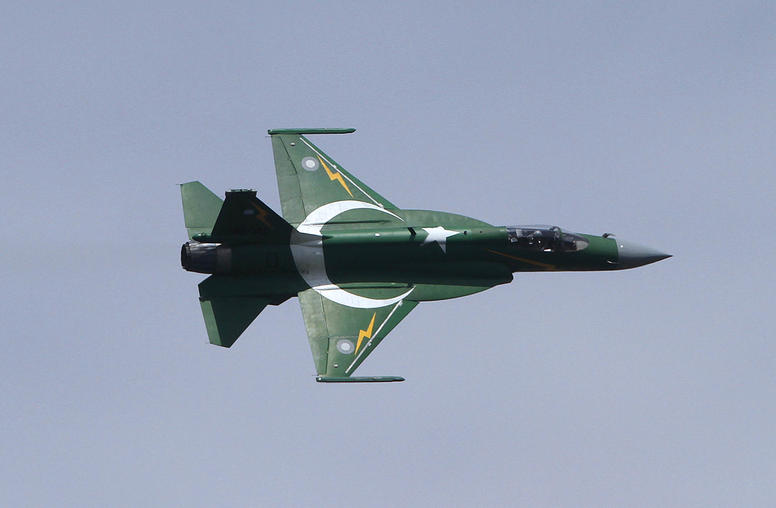
A Threshold Alliance: The China-Pakistan Military Relationship
Geopolitical shifts in South Asia over the past decade, driven by sharper US-China competition, a precipitous decline in China-India relations, and the 2021 withdrawal of US forces from Afghanistan, have pushed the Chinese and Pakistani militaries closer together. The countries’ armies and navies are increasingly sharing equipment, engaging in more sophisticated joint exercises, and interacting more closely through staff and officer exchanges. Yet, as this report concludes, a full China-Pakistan alliance is not inevitable, as Chinese missteps and other sources of friction could slow its consummation.